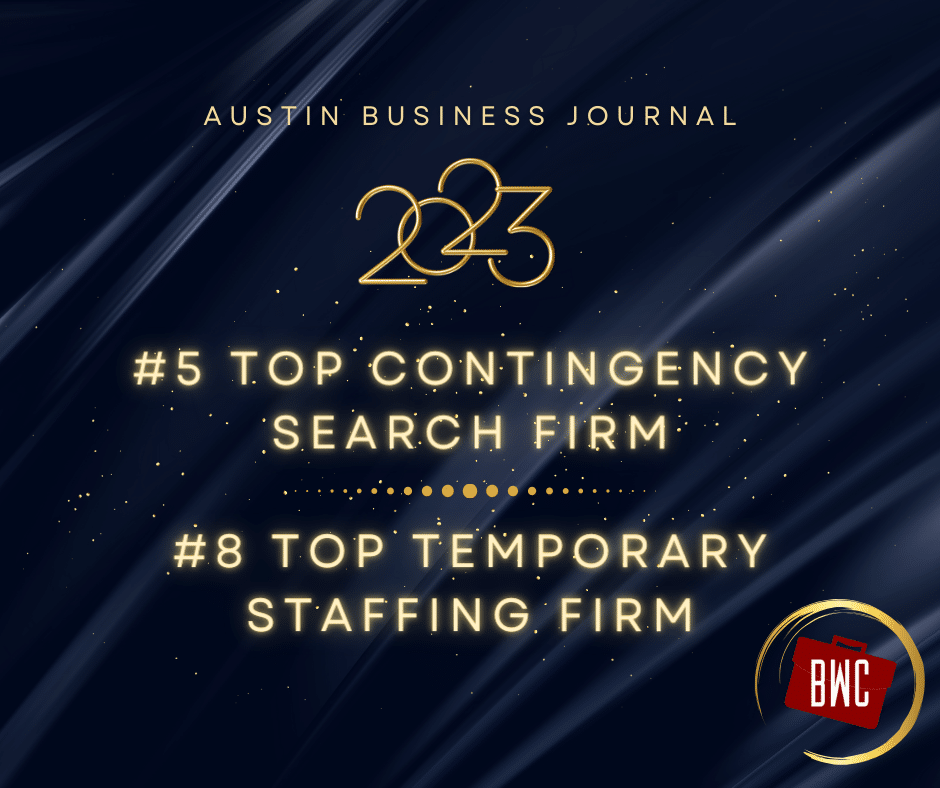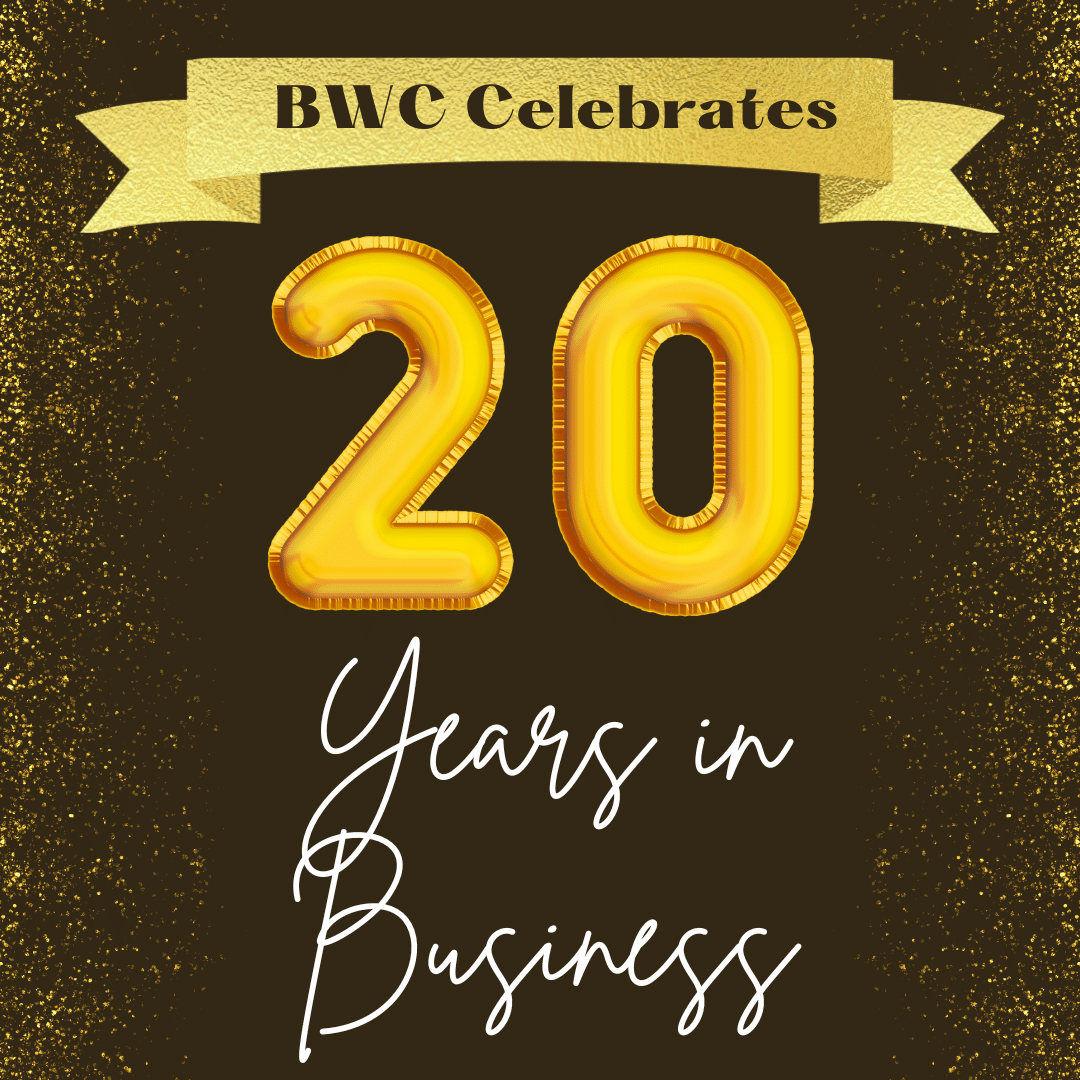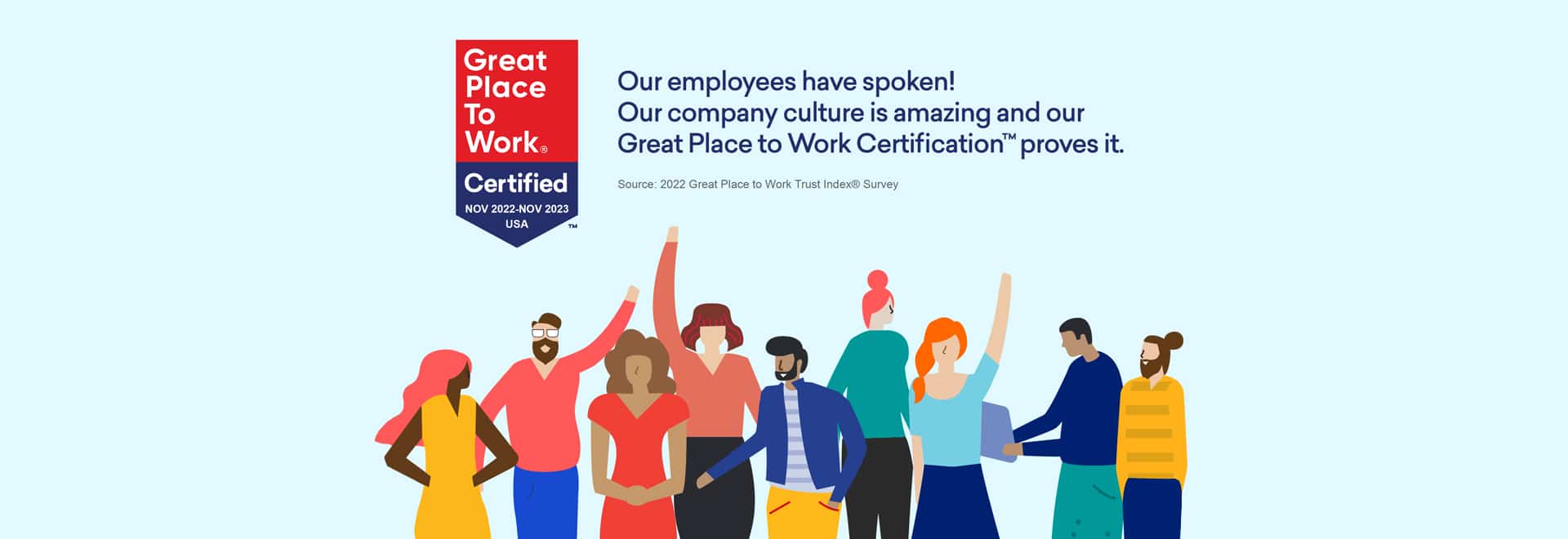There you are – staring at the latest robo-email from another company that inevitably begins “thanks for your interest” and ends with “keep your resume on file”. You know the one, we’ve all gotten them, the dreaded “thanks but no thanks” email that their system sends to dozens of other candidates. So why are we getting the “no thanks” email instead of a call, and what can we do about it?
Well, there are two real questions: Did an actual person read my resume? If so, why did I not get a call from them about this job? That, my friends, is the key – getting that first conversation. 
Let’s assume that we get past the Applicant Tracking System (ATS) and an actual person reads our resume. That’d be great, right? No more robo-terminator emails? Awesome, sign me up. What’s the best way to do this?
Work with an executive search firm that can introduce your background directly to the hiring manager!
The 2nd best way? Make sure that recruiters and hiring managers like what they see when they meet you virtually, through your resume and social footprint. Yes, they’ll take a look, probably before calling.
What moves you from a “maybe” to a “gotta call this one” in their mind?
There’s not a secret to this, and every recruiter/hiring manager is different. But this is exactly where most candidates are eliminated. Making improvements here can have a dramatic impact on your applications-to-interview ratio. You track that, right? No – you’re a normal person? Hey, I totally get it.
5 Tips for Getting the Call
Here are five things to think about and do that can boost your odds for getting that awesome 1st call from a recruiter or hiring manager:
- Customize your resume for the role or roles you are seeking. This takes effort and research but is probably the most important thing you can do to help get to the first conversation. Too much trouble to mess with that? Well, maybe you’re not really that interested in getting hired. I’m not kidding – that’s exactly the message you’re sending by using the same resume 200 times.
- Know what you’re selling, and why they need it. You’re perfect for this role, right? How do they know? It’s your job to present yourself as the candidate they need and reinforce that in every contact. Sure, you can ignore this and assume that they’ll give you a call the second they see your resume, but don’t bet your career on that assumption. Do things that make sure you’re seen as their ideal candidate.
- Does your social footprint tell the same story as your resume? Yes, they will look at your social media, and you absolutely need to be sure that everything lines up and supports the professional profile you’re presenting.
- Take some time to research the position! This is a job you’d really like to have, right? Well then, it’s worth some effort to research and understand what they’re looking for, what’s going on with the team or department, and with the company overall. Understanding these critical pieces of information and using that information in everything you do related to this position is essential to getting the call. While you’re at it, don’t assume that the ad you happened to see is the only (or even the best) job posting for the position. Check the company’s careers page and check other job boards. Sometimes different content is posted in different places, and that additional information can be useful!
- Find out what you can about the hiring manager and the rest of the team in the department. Do some research on LinkedIn or elsewhere, and you can make some pretty good educated guesses. They will definitely be looking at your social footprint – you should do the same!
- What are their roles now and what were their prior companies/roles? This gives you insight into the professional “profile” that the hiring manager or company may tend to prefer for various reasons.
- What do they list as current accomplishments on their LinkedIn profiles? This can offer insight into what’s going on in the group, or what has been recently accomplished.
- There’s more, but you get the idea. Take some actions to learn more and you’ll find it very useful.
Hey, you may even decide that this isn’t the job for you. Fine – better now than later.
More likely, you’ll learn something that triggers a memory about that great project that’s just like what they’re looking for in this role. What about that great accomplishment 3 years ago – it shows that you have already done something very similar to this job – but it’s not on your resume? Maybe you and the hiring manager both belong to the same social group or support the same charities. Learn and show it.
Want to get from the inbox to the phone call? Put in some effort, do your research, and use that information on your resume and within your social footprint to make it easy for them to recognize that you’re the perfect candidate. In today’s job market, you get to choose – choose wisely and go all-in.
And when your phone rings the next time, be looking for a call from “Your Career” on caller ID.






Leave A Comment